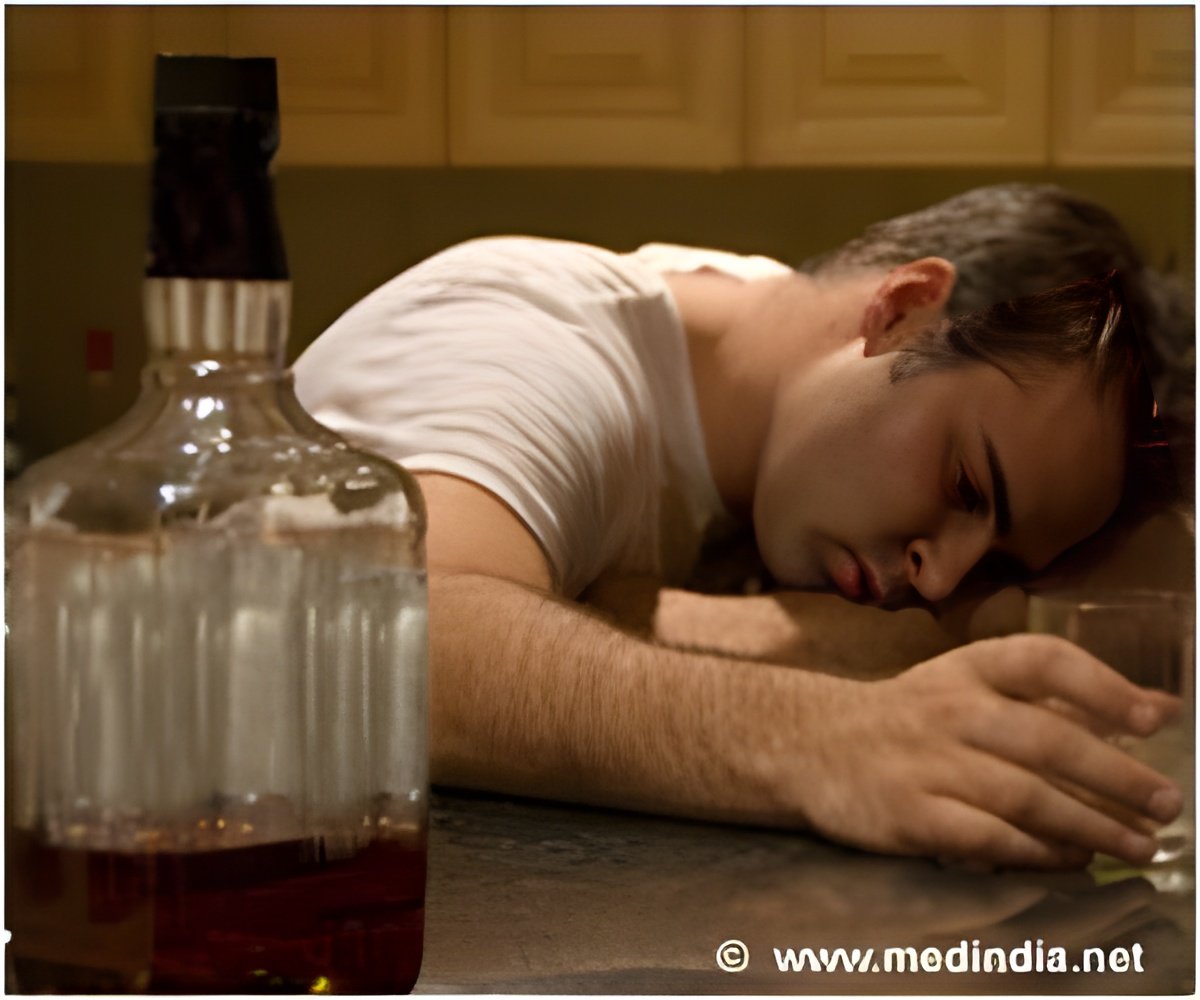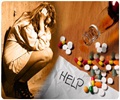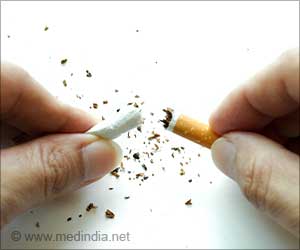Results of a new study indicate that hangovers appear to have a very modest effect on subsequent drinking.

Results will be published in the May 2014 online-only issue of Alcoholism: Clinical & Experimental Research and are currently available at Early View.
"If hangovers motivate 'hair of the dog' drinking to alleviate hangover symptoms, perhaps they play a direct role in the escalation of problematic drinking," explained Thomas M. Piasecki, a professor in the department of psychological Sciences at the University of Missouri, as well as corresponding author for the study. "On the other hand, if hangovers punish or discourage drinking, why wouldn't we find that the people at highest risk of problem drinking are those who actually experience the fewest hangovers?"
Piasecki cited two previous studies of hangover experiences that both suggested hangovers have implications for future drinking problems. "However, one found frequent hangover was risky while the other found that resistance to hangover is risky," he said. "In fact, the two findings may be compatible. For example, we have found that drinkers who reported being relatively insensitive to the intoxicating effects of alcohol were actually more likely than their 'lightweight' peers to report having one or more hangovers during the study period. This is consistent with other research suggesting that being less sensitive to alcohol promotes heavy drinking. People who don't experience as much intoxication when drinking may have difficulty learning their limits and therefore may be more prone to drink to hangover-inducing levels."
"It is well known in psychology that immediate positive or negative effects of a behavior are far more powerful than delayed effects in affecting whether people engage in that behavior again," added Damaris J. Rohsenow, a professor of behavioural and social sciences at Brown University School of Public Health. "People who drink heavily generally experience pleasurable effects while drinking, and that is what drives the decision to drink heavily again. The pain of hangover is temporary, and may be considered a nuisance rather than an important negative consequence. Some studies show that younger drinkers do not consider hangovers to be a negative experience, and that many drinkers are willing to experience hangovers time after time."
Piasecki and his colleagues recruited 386 (196 males, 190 females) community-based frequent drinkers, oversampling for current smokers, to carry electronic diaries for 21 days while reporting on drinking behaviors and other experiences. Analysis was performed on data culled from 2,276 drinking episodes, including 463 episodes that were followed by self-reported hangovers in the morning-diary entries.
Advertisement
"There were some complicated interactions that indicated that if you stopped drinking while you still wanted to drink more, or if you had financial troubles, then you delayed drinking a few hours more if you also had a hangover in the morning than if you had no hangover," noted Rohsenow. "However, these effects were short-lived and hard to interpret. Furthermore, the people who experienced hangover also tended to experience more pleasure from drinking the night before, and those immediate pleasurable effects are likely to drive drinking decisions more than expecting an unpleasant hangover would."
Advertisement
"The message here for clinicians is that it is probably a waste of time to discuss hangovers when trying to motivate a problem drinker to drink less or drink less often," said Rohsenow. "Drinkers do not seem to be bothered that much by the temporary discomfort of a hangover, since it does not get them to delay their drinking in any meaningful way, and since other studies show that young drinkers often perceive hangovers to be neutral or positive experiences."
"Remember that hangovers are 100 percent preventable by abstaining from alcohol or drinking responsibly," advised Piasecki. "Of course, experiencing frequent hangovers is a warning sign that should probably prompt you to reflect upon your drinking, and to consider seeking help if you are having difficulty drinking within safe limits."
Source-Eurekalert












